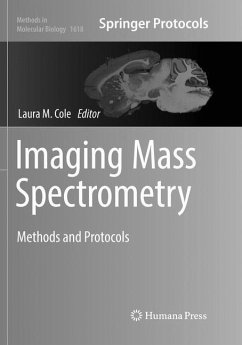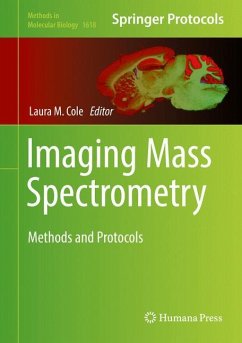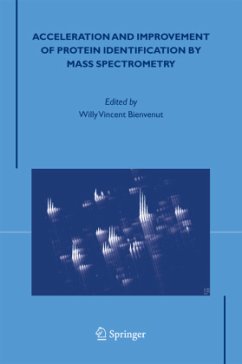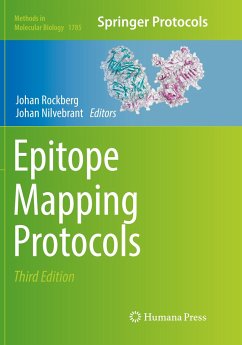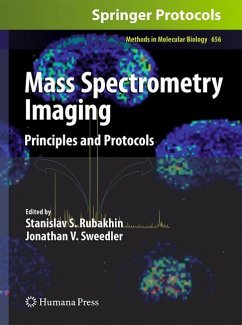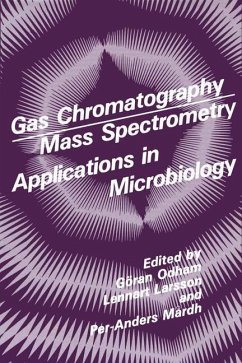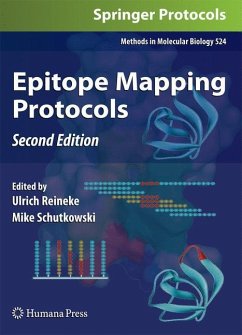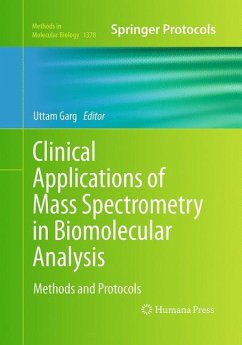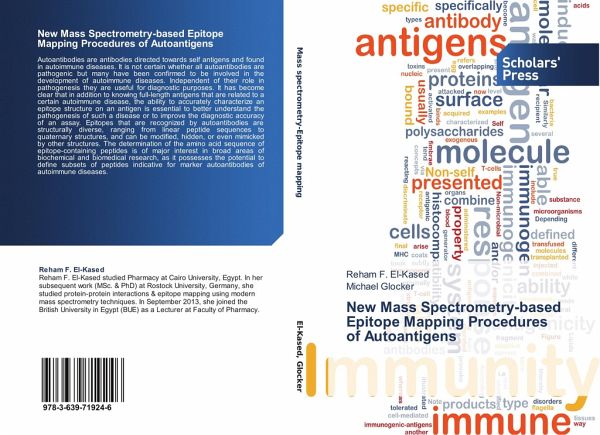
New Mass Spectrometry-based Epitope Mapping Procedures of Autoantigens
Versandkostenfrei!
Versandfertig in 6-10 Tagen
40,99 €
inkl. MwSt.

PAYBACK Punkte
20 °P sammeln!
Autoantibodies are antibodies directed towards self antigens and found in autoimmune diseases. It is not certain whether all autoantibodies are pathogenic but many have been confirmed to be involved in the development of autoimmune diseases. Independent of their role in pathogenesis they are useful for diagnostic purposes. It has become clear that in addition to knowing full-length antigens that are related to a certain autoimmune disease, the ability to accurately characterize an epitope structure on an antigen is essential to better understand the pathogenesis of such a disease or to improve...
Autoantibodies are antibodies directed towards self antigens and found in autoimmune diseases. It is not certain whether all autoantibodies are pathogenic but many have been confirmed to be involved in the development of autoimmune diseases. Independent of their role in pathogenesis they are useful for diagnostic purposes. It has become clear that in addition to knowing full-length antigens that are related to a certain autoimmune disease, the ability to accurately characterize an epitope structure on an antigen is essential to better understand the pathogenesis of such a disease or to improve the diagnostic accuracy of an assay. Epitopes that are recognized by autoantibodies are structurally diverse, ranging from linear peptide sequences to quaternary structures, and can be modified, hidden, or even mimicked by other structures. The determination of the amino acid sequence of epitope-containing peptides is of major interest in broad areas of biochemical and biomedical research, as it possesses the potential to define subsets of peptides indicative for marker autoantibodies of autoimmune diseases.



